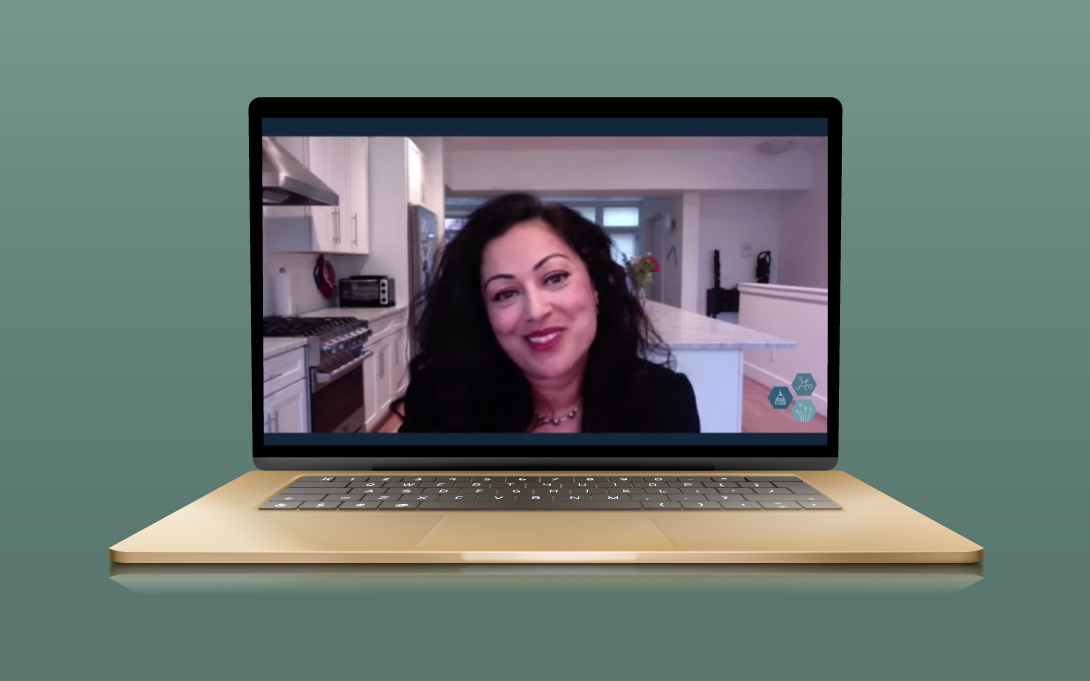
"We are not accustomed to thinking about equity in the context of innovation. But in recent years, we have begun to recognize that marginalized communities (including those who are low-income and those who come from historically disadvantaged communities of color) are often unable to access the benefits of science and technology, but may be disproportionately subject to the harms," Ford school professor Shobita Parthasarathy told members of the U.S. House Committee on Science, Space, and Technology, Subcommittee on Energy.
Parthasarathy, who is director of the Science, Technology, and Public Policy Program, joined other experts in a discussion on "Fostering Equity in Energy Innovation."
Opening the hearing, subcommittee chair Jamaal Bowman (D-NY) emphasized the equity concerns. "Equity cannot be pushed aside as we transition to renewable energy and tackle the climate crisis. Rather, it is essential that we consider equity in every stage of innovation," he said. "If we do this right, we can build a better, safer society for all Americans, and show the world how to do the same."
Parthasarathy outlined specific steps the U.S. Department of Energy could take to make sure that government funders and innovators must incorporate into their process: "when they are making choices about which research to fund, which technologies to develop, and even how technologies should be designed."
Her recommendations: 1) invest in community-based innovation; 2) consult communities in high-tech projects, and; 3) incorporate social and equity evaluations into its funding apparatus. The equity assessment mechanisms would include looking at equity in design, distribution and siting, and process, and look at the historic legacy of previous similar projects.
Also testifying were Dan Kammen, a professor of energy at the University of California, Berkeley, Myles Lennon, an assistant professor of environment and society and anthropology at Brown University, and Bruno Grunau, the regional director of the National Renewable Energy Laboratory’s Cold Climate Housing Research Center in Alaska.
You can see the hearing here.
More news from the Ford School